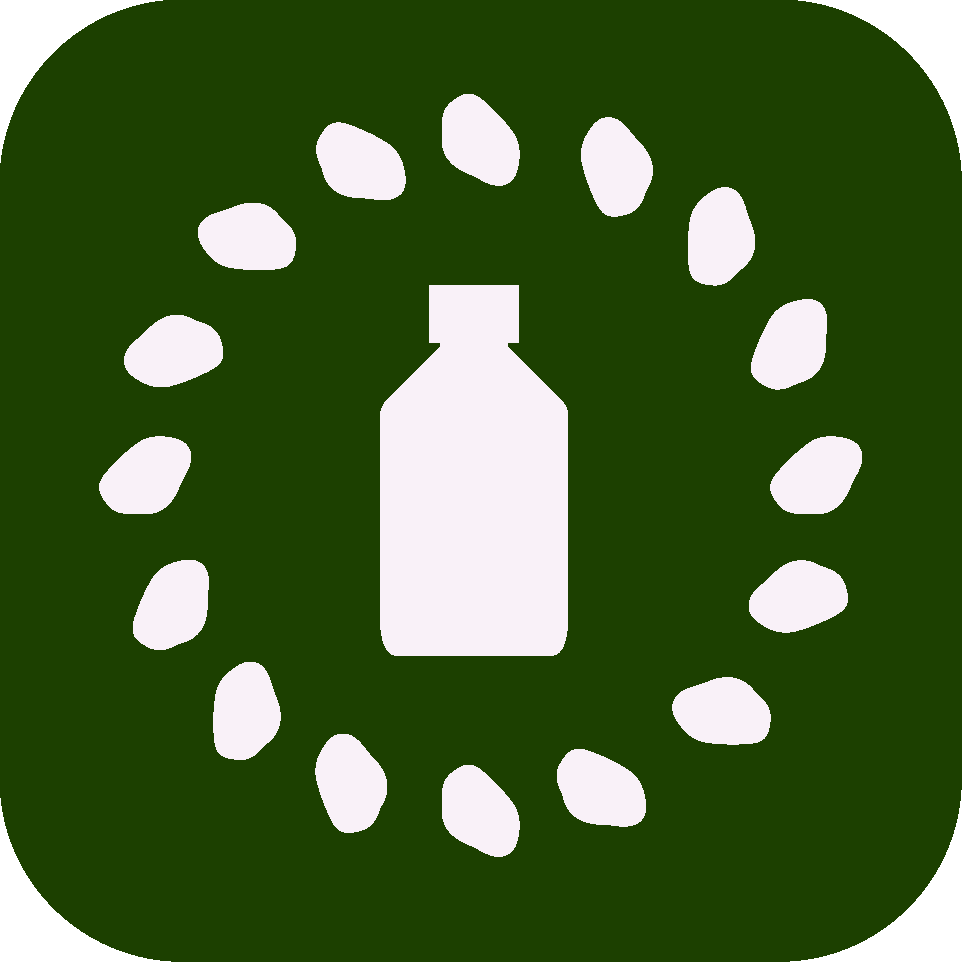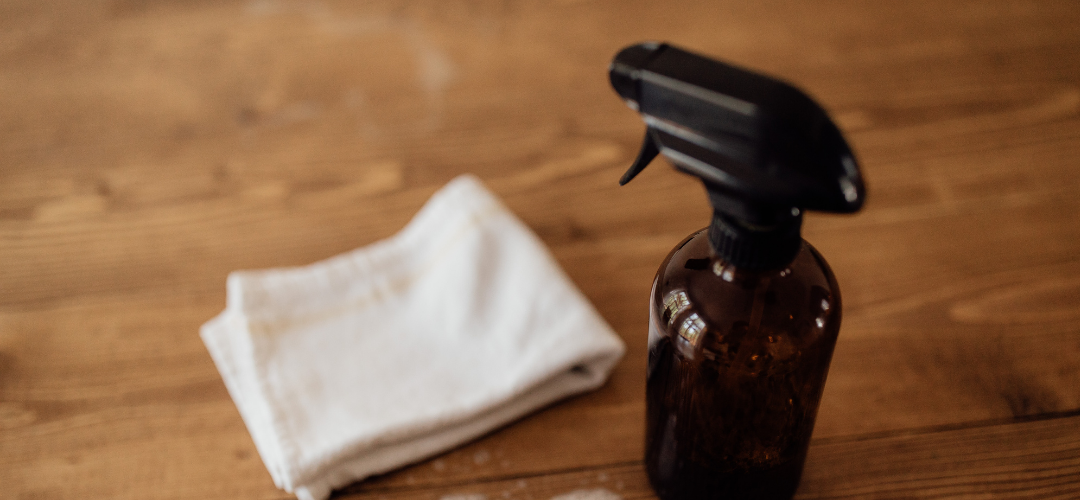Every week new research tells us that various concoctions of chemicals are ruining our skin, destroying the environment, and making our children ill.
We have seen over the years how many âsafeâ products are later proved to be harmful, but does that stop us reaching for the bleach as we dash around the supermarket? By blasting our homes and our bodies with antibiotics and antibacterials, are we making ourselves sick?
Did you know?
- There are at least 300 chemicals routinely used in the home which have little or no regulation, because they are (supposedly) not ingested by humans.
- It is estimated that the average household contains 62 toxic chemicals.
- More than 200 chemicals have been found in the cordblood of newborns.
- Children are especially vulnerable to toxic chemicals because their early developmental processes are easily disrupted. And rates of chronic diseases in children are rising in the US and UK.




